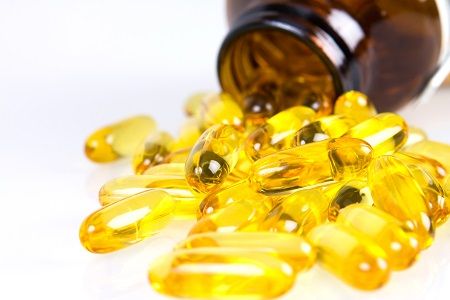Article
Current Vitamin D Doesn't Impact MS, But Historical Exposure Does
Author(s):
Recent findings have shown that vitamin D supplements improve multiple sclerosis (MS) relapse rates, however, a new study questions when those levels come into play.

Researchers have long explored the effects of vitamin D on multiple sclerosis (MS). Recent findings have shown that vitamin D supplements improve MS relapse rates, however, a new study questions when those levels come into play.
An Australian team looked at how vitamin D impacted the clinical course of MS and presented the findings at the 32nd Congress of the European Committee for Treatment and Research in Multiple Sclerosis (ECTRIMS 2016) in London, England. It turns out that historical, not current, vitamin D levels are what matters in these patients.
- MD Magazine is on Facebook, Twitter, Instagram, and LinkedIn!
“We followed a cohort of 279 persons with a first clinical diagnosis of CNS demyelination (FCD) to five years from initial participation in the Ausimmune Study (baseline),” the researchers explained. The participants filled out questionnaires measuring historical and recent sun exposure each year. Serum 25-hydroxyvitamin D (25(OH)D) concentrations were measured at baseline, halfway through the study, and at the five-year end mark. In addition, neurologists reviewed medical records, examined relapse history, and assessed the subsequent occurrence of conversion to clinically definite MS (CDMS).
By the end of the study, 202 of the 279 patients had converted to CDMS with a total of 395 relapses.
“Neither baseline nor longitudinally measured 25(OH)D were associated with CDMS or relapse,” the team explained. “Current sun exposure behavior was inversely associated with CDMS and relapse but became non-significant on adjustment.”
The good news, however, is that historical sun exposure had a significant inverse association with CDMS and relapse. More sun exposure during the study also led to better disease outcomes.
Also on MD Magazine >>> More News from ECTRIMS 2016 in London




